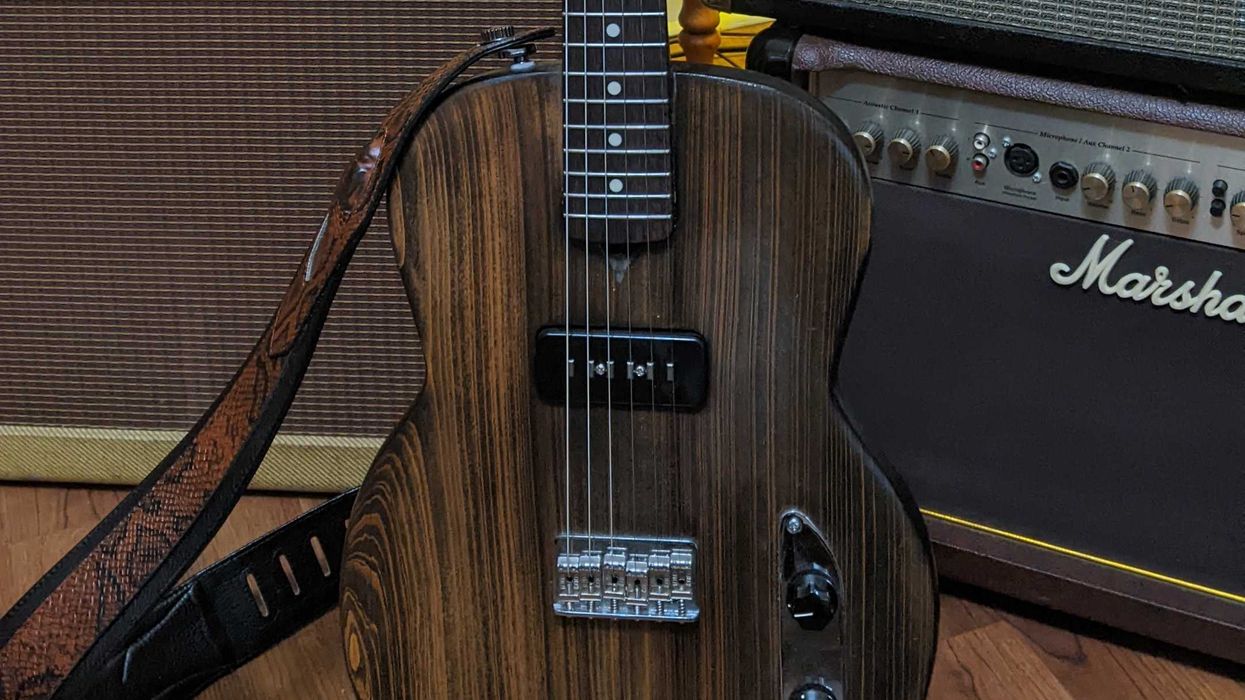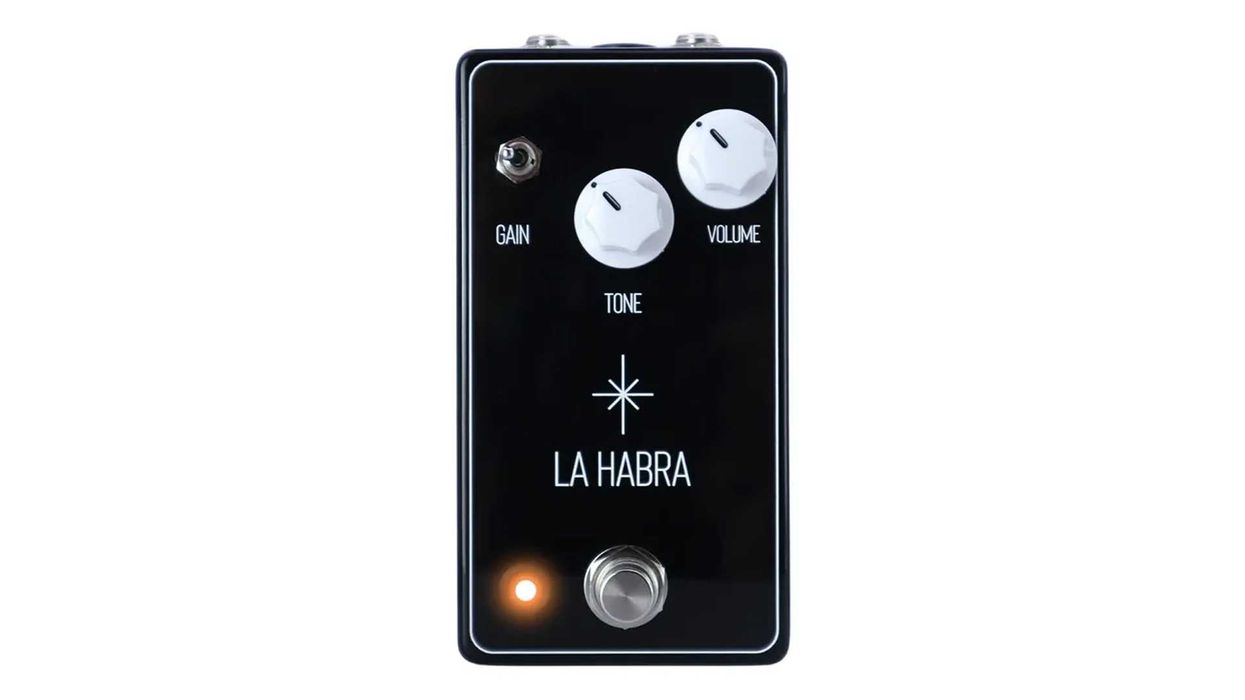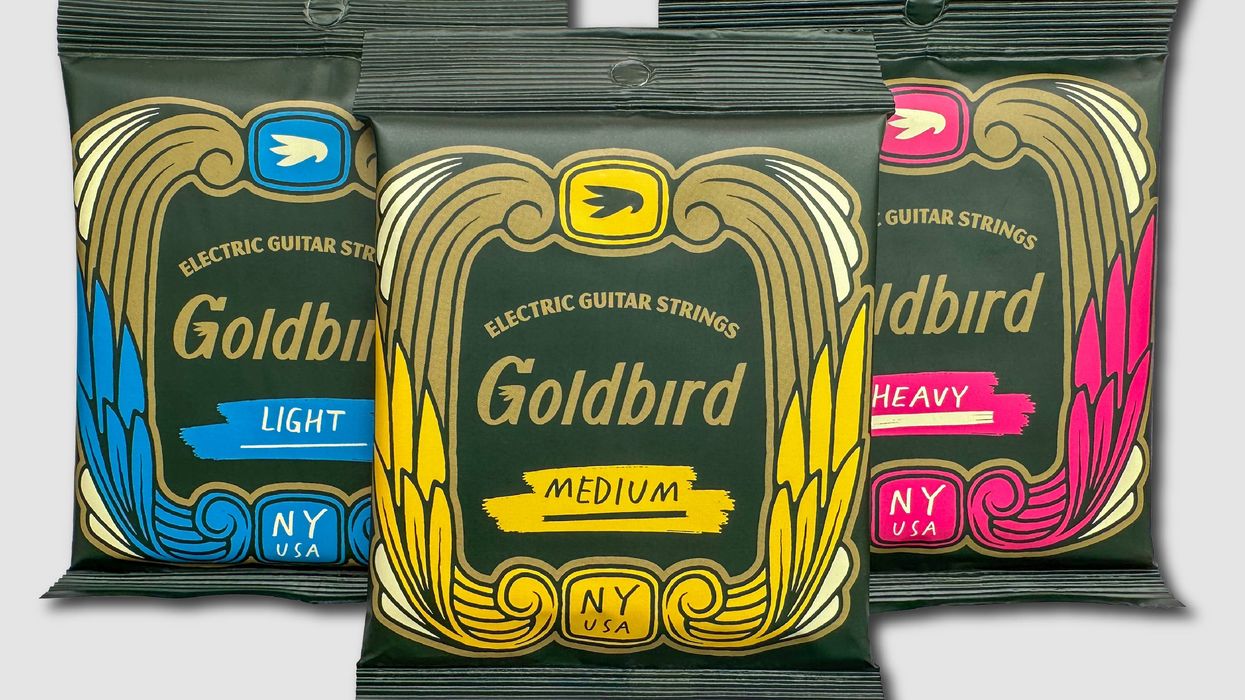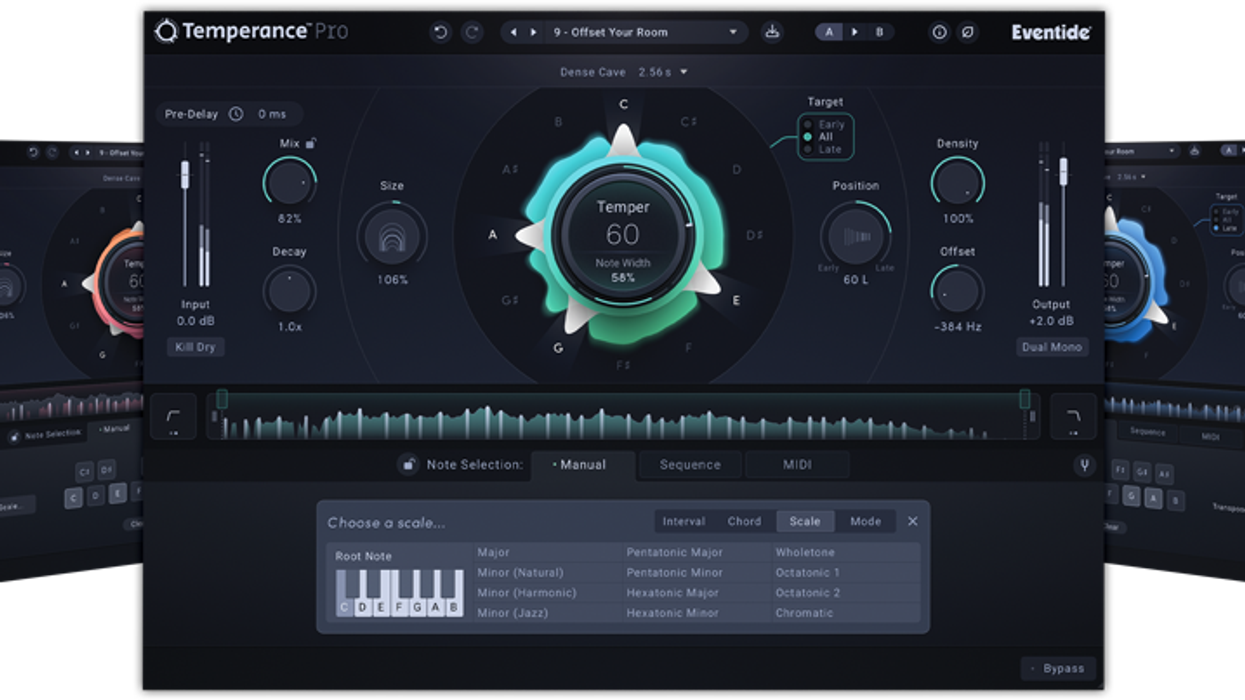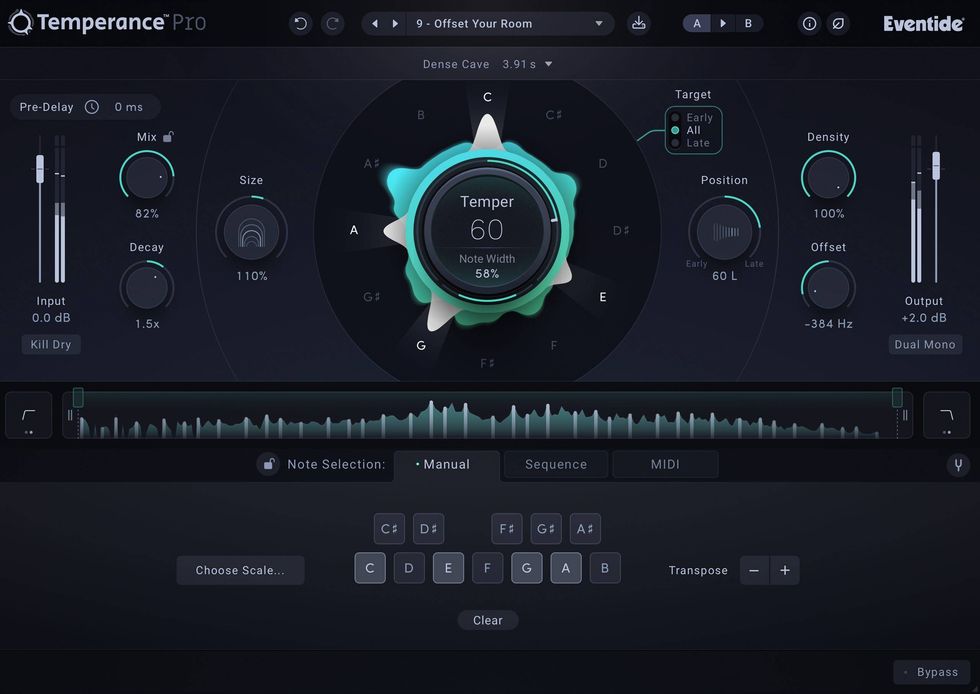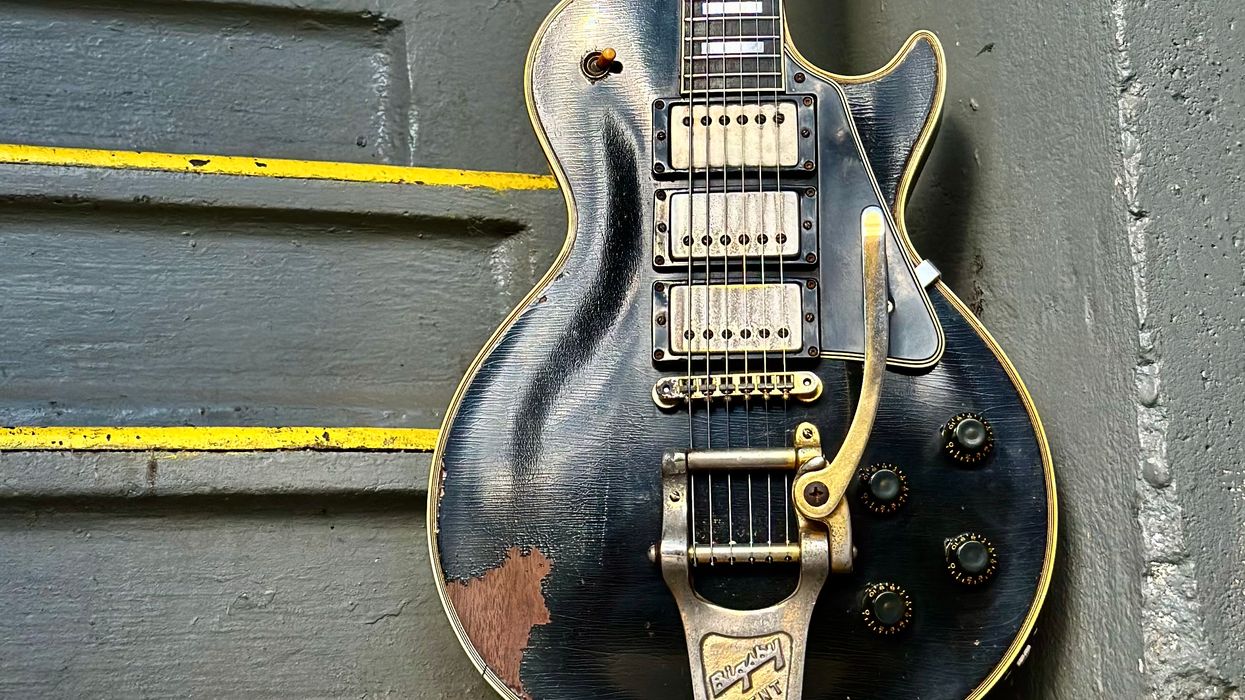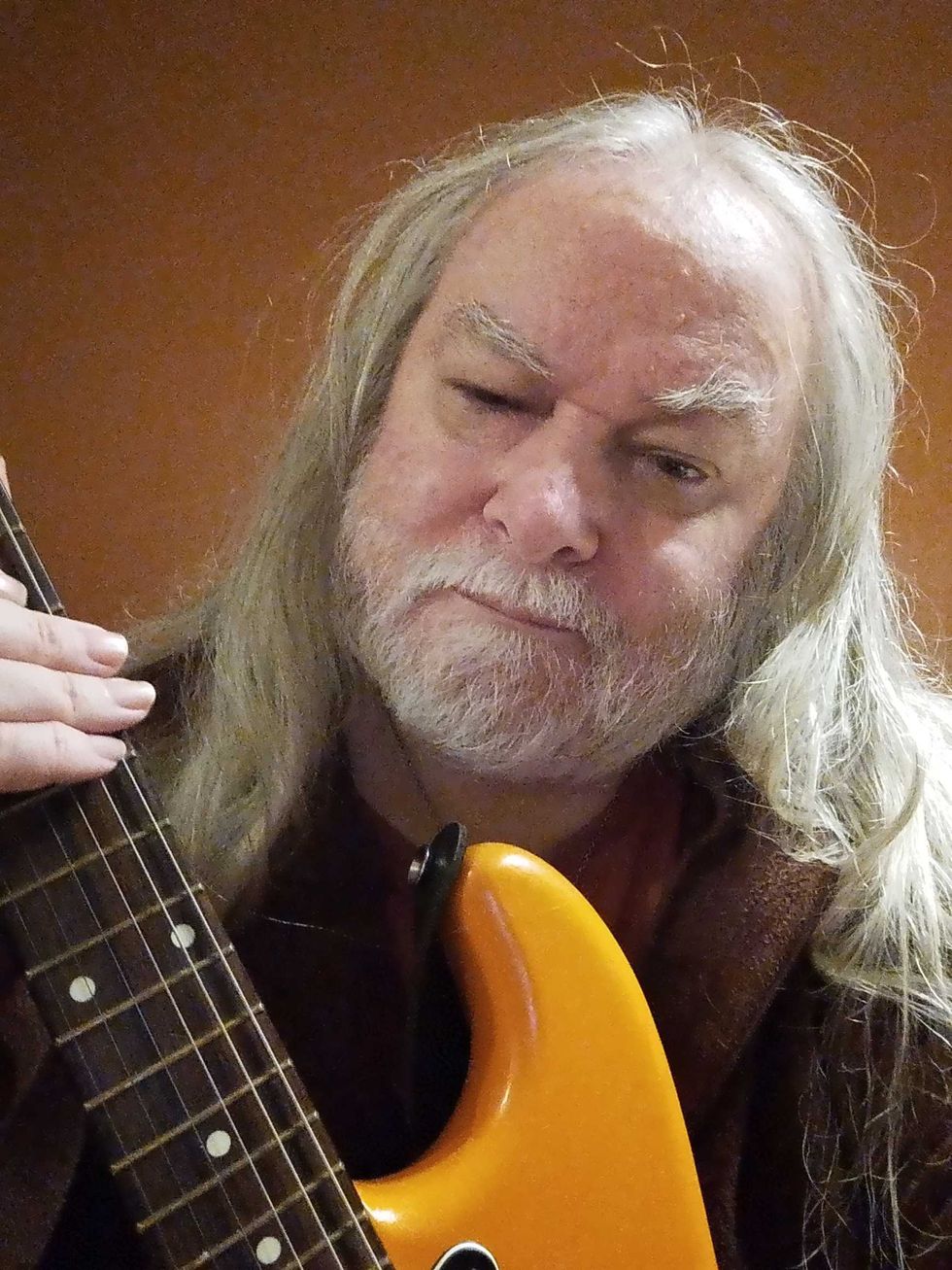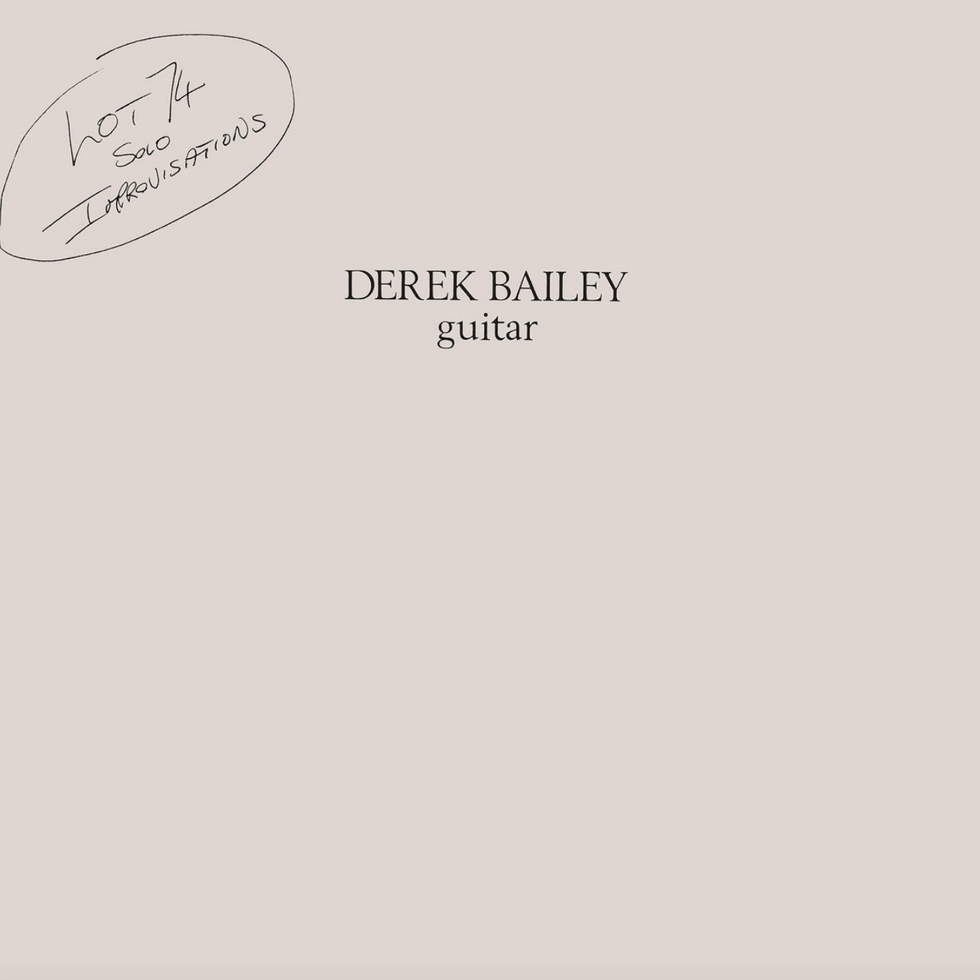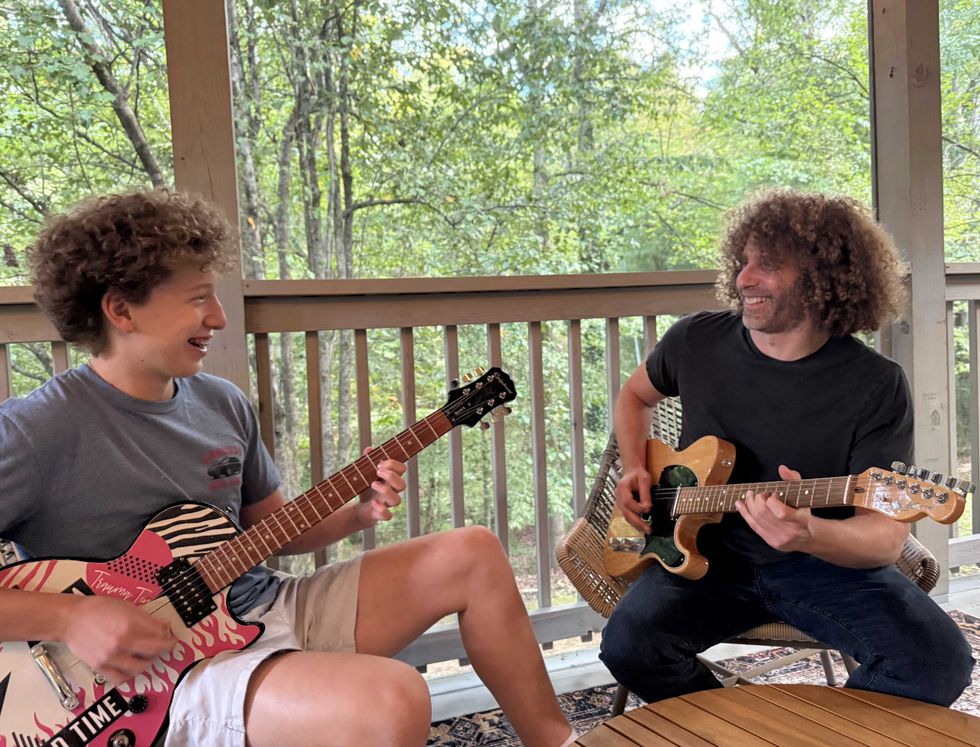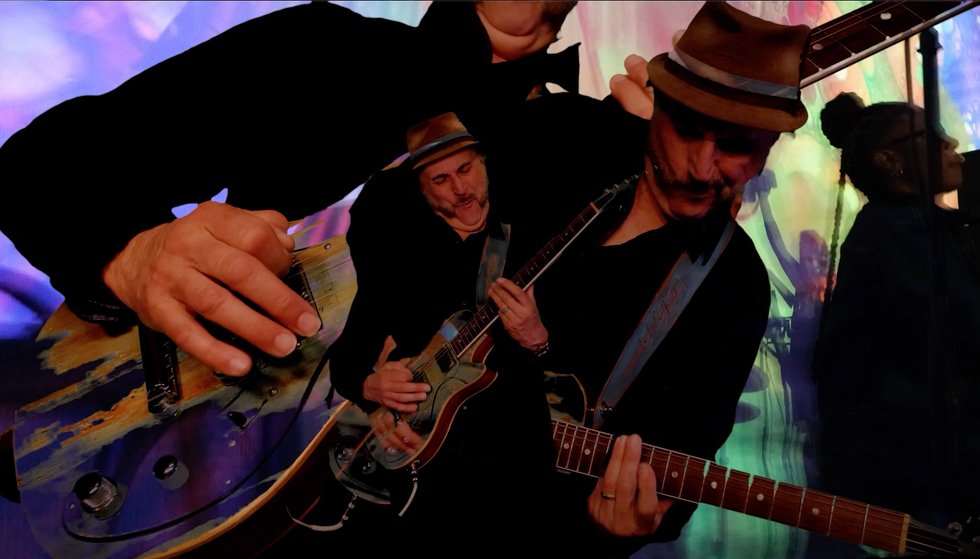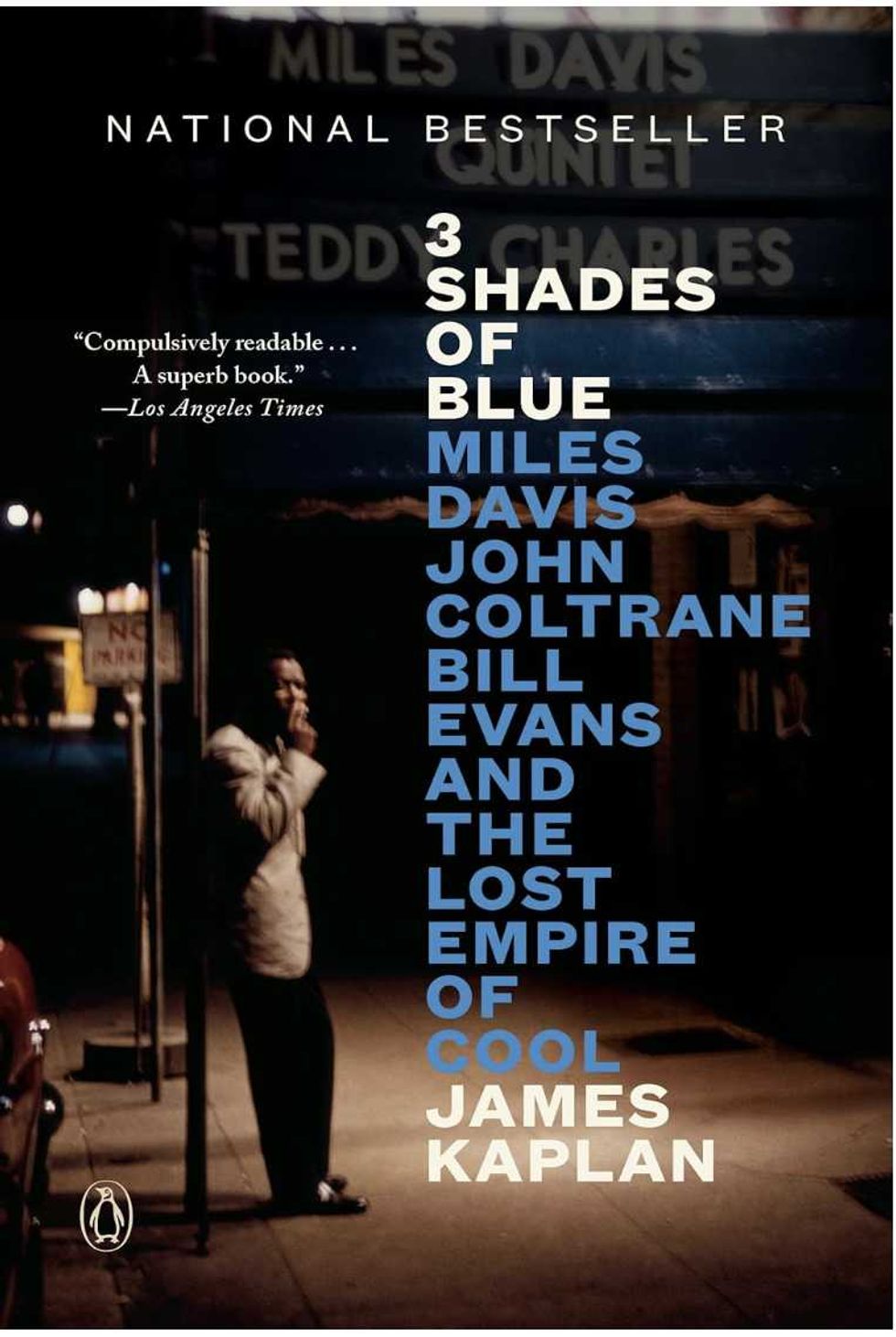Bos Signature
Vlaar made use of olive wood for the Bos Signature’s top and headstock to give this axe its unique aesthetic. Other wood choices include Khaya (aka African mahogany) for the body, Demerara greenheart and hard maple for the neck, and pau ferro for the fretboard. Vlaar outfitted the Bos Signature with a Häussel VIN+ B A5 humbucker in the bridge and a Häussel P-90 in the neck.
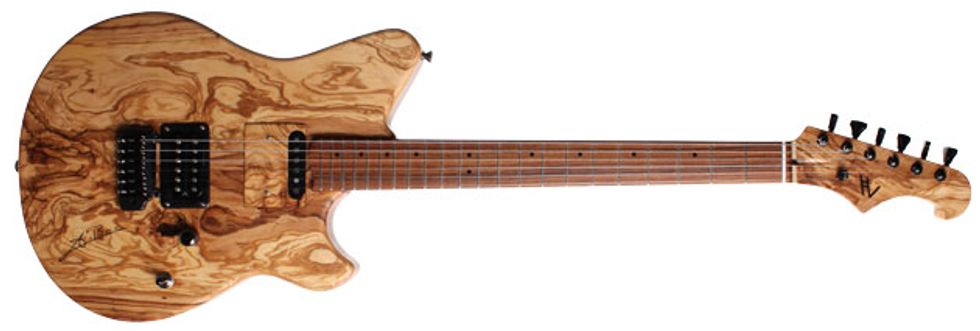
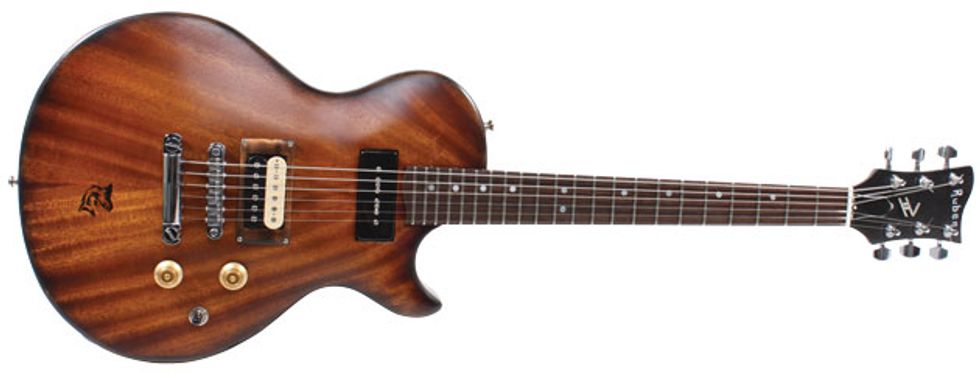
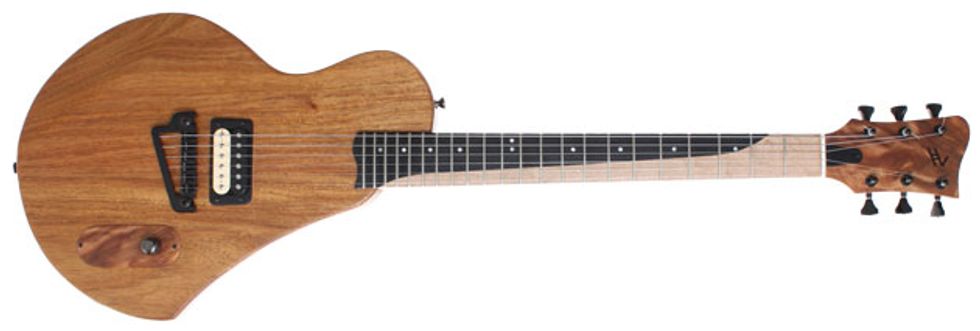
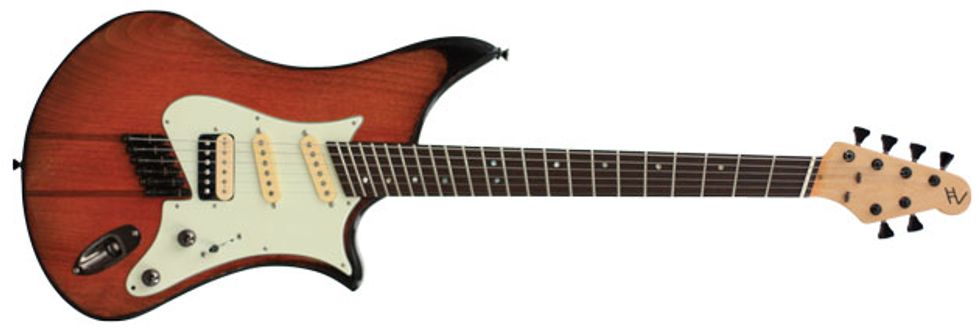
Netherlands-based luthier Henk Vlaar was never afraid of tweaking the guitars he owned to get them exactly where he wanted them. “As long as I’ve played guitar, I’ve always customized them,” he says. “Not a single guitar I’ve bought ever sounded or played exactly how I wanted at first.”
Over the years, Vlaar’s bought more guitars than he could possibly play with regularity. But that didn’t stop him from feeling the need for a Gibson Les Paul Junior after hearing guitarist Mark Lennon’s tone at a show in 2007. Instead of running out to the closest guitar store, Vlaar took a different route. “I was sold on the great simplicity and sound of the Les Paul Junior, but because I already had several guitars and didn’t want to buy another one, I decided to go ahead and build one myself.”
Like many luthiers, Vlaar’s background is in cabinetry. By combining his woodworking skills with heavy research on guitar construction and sound characteristics of tonewoods, Vlaar built and modeled his very first guitar after a Les Paul Junior. The end result of his first attempt was met with approval by both a local luthier and a guitar shop that offered to sell it for him. “The ‘luthier’s virus’ had seized me, so I started visiting other guitar makers and kept my eyes and ears open,” says Vlaar. After building several more instruments, the rookie officially started his own company in 2008 under the moniker Lowland Guitars.
Vlaar uses only traditional woodworking machinery and hand tools for his builds, and contends that every neck he shapes is absolutely unique and fashioned per a customer’s requirements. He also likes to utilize alternatives for common wood types, such as abachi for red alder or Surinamese greenheart instead of ebony. Vlaar actually has some blanks from a chestnut tree that he planted as a child and plans to use for future builds. Olive wood and myrtlewood are two of his favorites to work with for tops.
“My opinion is that the full and rich sound of woods and the combinations used only really come to life if all the different parts of a guitar make contact with each other perfectly,” he says. “It’s amazing how much trouble I encounter when adjusting or repairing guitars—including ‘famous brands’—especially the joint between the body and the neck.” Be it cardboard or strips of plastic, Vlaar often finds a range of interesting materials in the joint for setting the neck at the right angle for the body. “Why didn’t they at least just use a good wedge made of the same wood as the body?”
Vlaar likes to keep it simple when it comes to electronics. “With the exception of effects, I assume that electronics on a guitar can’t add what is not already present in the guitar.” he says. “In my view, a tone control adds nothing and only squeezes the tone. So if possible, I skip the tone control.”
Pricing and Availability
All Lowland instruments are the result of one-on-one contact since Vlaar only sells direct. He enjoys the interaction and the challenge to “build the guitar with the sound I hear in my head” once he has an understanding of what the client needs. The luthier builds about 10 instruments annually with most guitars falling between $2,250 and $2,900 (including VAT).

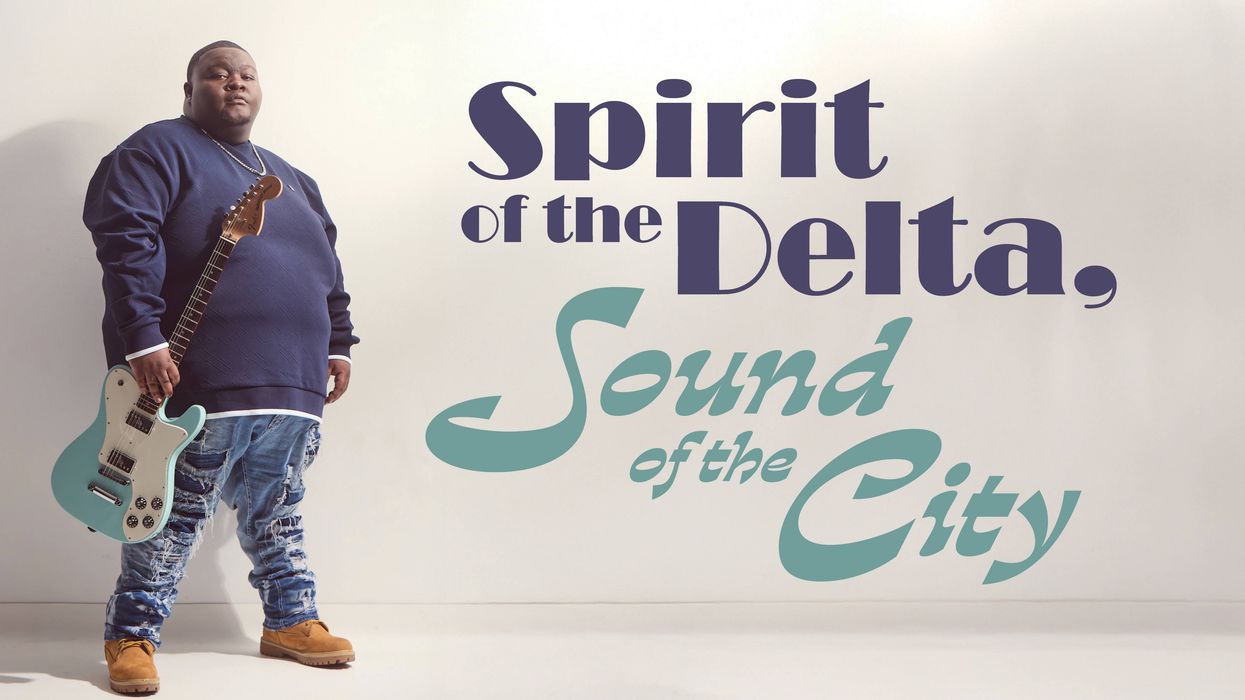

![Rig Rundown: AFI [2025]](https://www.premierguitar.com/media-library/youtube.jpg?id=62064741&width=1245&height=700&quality=70&coordinates=0%2C0%2C0%2C0)
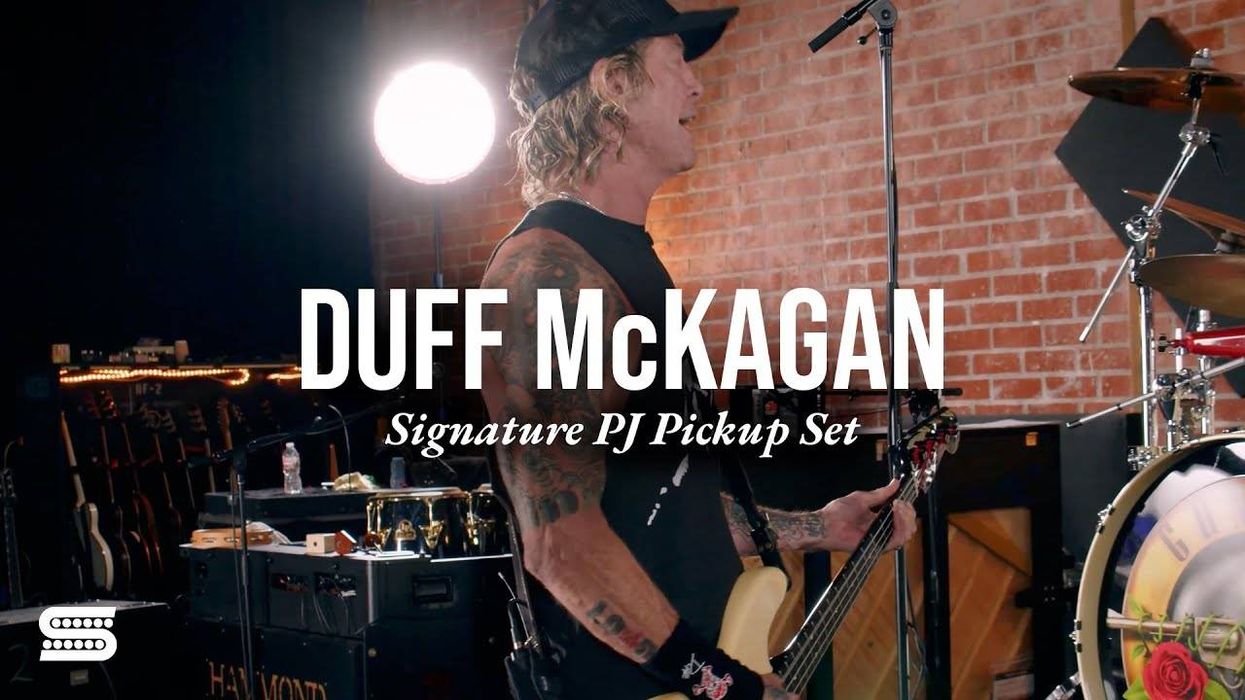
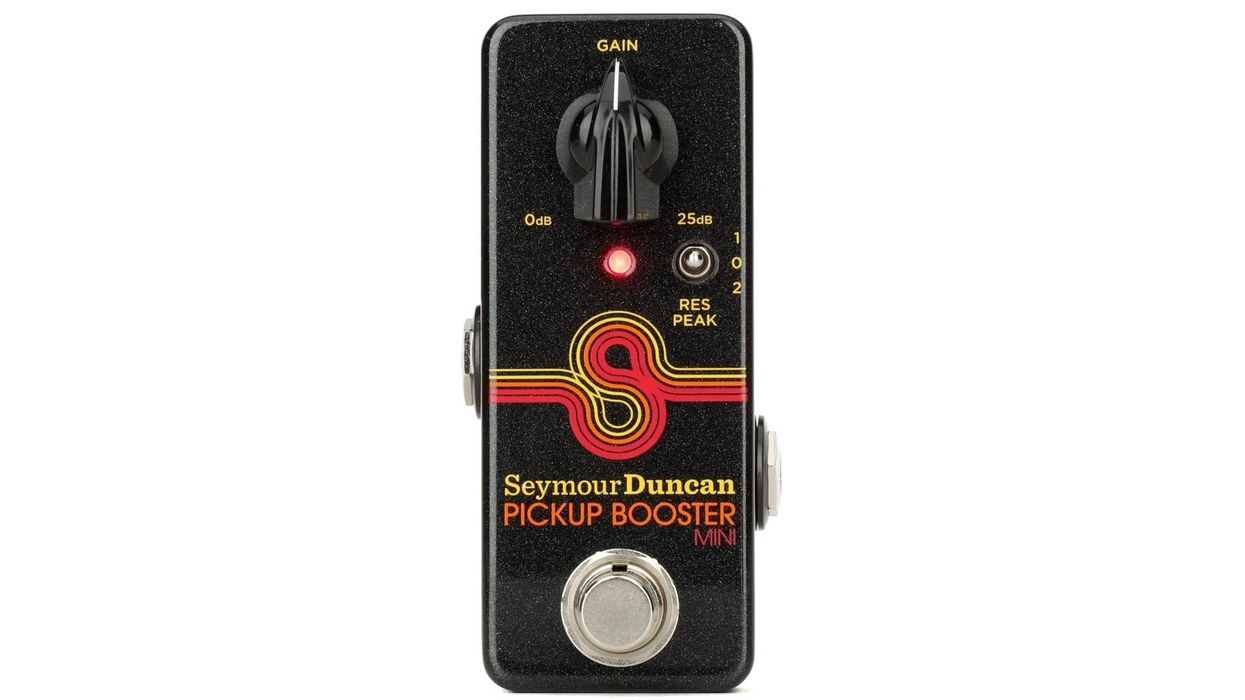

![Devon Eisenbarger [Katy Perry] Rig Rundown](https://www.premierguitar.com/media-library/youtube.jpg?id=61774583&width=1245&height=700&quality=70&coordinates=0%2C0%2C0%2C0)
